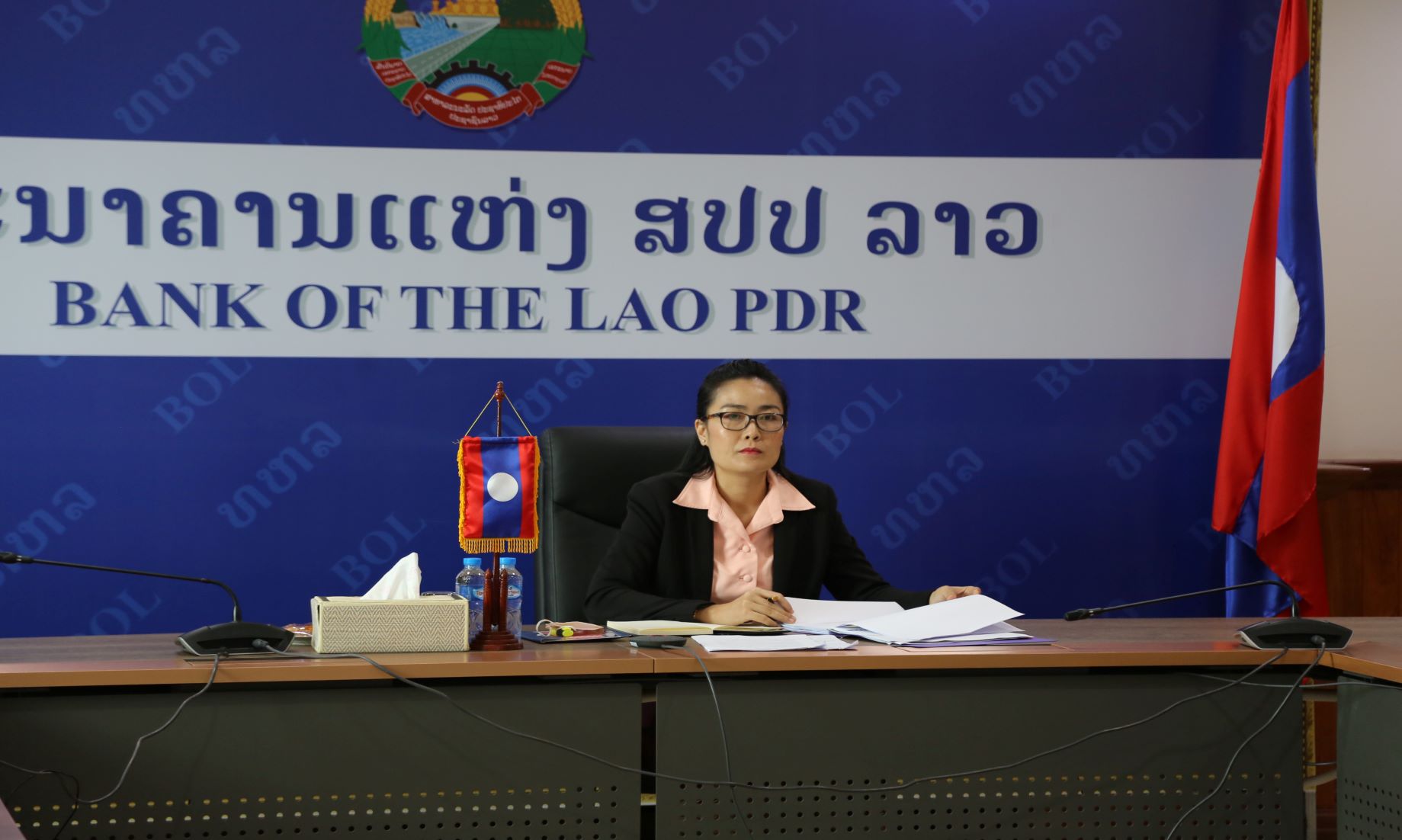VIENTIANE, Feb 9 (NNN-KPL) – Laos’ central bank, the Bank of the Lao PDR (BOL), is looking at ways to tackle the country’s financial problems and unresolved monetary issues, and is setting the direction for monetary policy in 2023.
Aiming to move the situation forward and make definitive changes, the bank’s Monetary Policy Committee convened its first meeting of the year on Monday, to outline plans for 2023.
During the meeting, the committee discussed the most important issues, including an assessment of main monetary policies of 2022, a review of global economic trends, and prospects for Laos’ economy in 2023, according to a report issued today on the BOL website.
The meeting also considered the advisable direction of monetary policy, to address problems such as spiraling inflation, fluctuation of currency exchange rates, and increasing the amount of money (M2) in circulation, to achieve targets approved by the National Assembly for 2023.
As stated in media reports, growing exports and the revival of tourism will have a positive impact on the Lao economy, especially compared to the past few years, but the country will still have to contend with problems that have accumulated in recent years.
Meanwhile, the import of goods and services will continue to increase, and foreign debts look set to remain at a high level. However, the economy is expected to see stronger growth in 2023, due to the reopening up of the country post pandemic.
The prospects for exports are also improved because several hydroelectric plants will soon start generating and exporting electricity, but overall, the economy will continue to face the same challenges as last year.
The BOL is set to adjust the interest rate, in order to stabilise the ratio of deposits in kip (Lao currency) and foreign currencies, and to issue short-term bank bonds in kip. This will be the second issuing of such bonds, and is meant to send a signal to financial markets and increase the amount of money (M2) in circulation.
In addition, the central bank will take steps to control currency exchange rates in order to ease inflation, as part of efforts to achieve monetary targets approved by the National Assembly.
It is also necessary to strengthen status of foreign currencies, by improving the regulation of foreign currencies used in exports, imports, and investment from overseas and other sources.
This will be achieved through systematic planning, bringing foreign currencies into the country in cooperation with sectors at central and local levels, and the exchange of information in a timely manner, according to the report.– NNN-KPL





